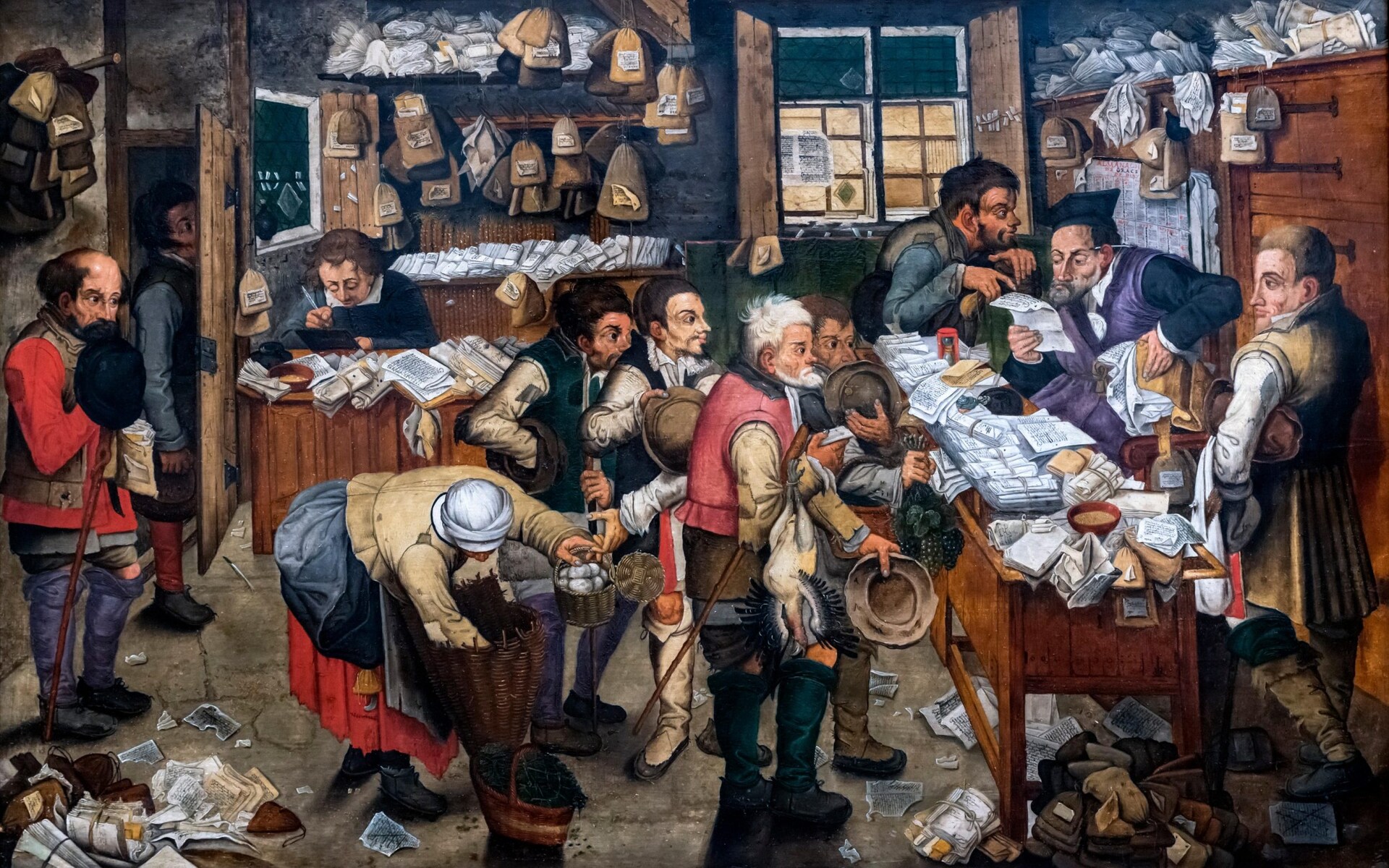
WHY WE CAN’T RELY ON LAW ALONE TO SORT OUT SOCIETY’S PROBLEMS
CL Skach is an American academic who has spent much of her life touring the world, teaching nations like Iraq torn apart by civil war how to redesign their constitutions. A framework of laws and embedded rights, she felt, was the key to communal existence. This book is an extended act of contrition for what she now regards as a serious error. Laws, she argues, cannot create a culture of cooperative existence. The culture has to be there first for laws to be much use. In the case of Iraq, that seems obvious. But Professor Skach has elevated her scepticism about the value of law into a general principle equally applicable generally.
She does not propose to dispense with law, but only to reduce its role as the prime source of the social order. In its place she proposes six great principles to order our communal existence. These can be summed up in one proposition: let’s be nice to each other. Put like that, it sounds ridiculously naïve. But she has a serious point. It is the same point political philosophers from Aristotle and Cicero to the modern day have made when they called for disinterested virtue in politically active citizens. A great American judge, Learned Hand, once observed that “a society so riven that the spirit of moderation is gone, no court can save; a society where that spirit flourishes, no court need save; in a society which evades its responsibility by thrusting upon the courts the nurture of that spirit, that spirit will in the end perish.” That is, in summary, her argument.
Most contentious issues of public policy do not concern relations between citizens and the state, ie the sort of things with which constitutions are mainly concerned. They spring from the conflicting interests of different groups of citizens. Measures which serve the interests of one group damage the interests of others. For example, planning restrictions protect the amenities of existing home-owners at the expense of those priced out of the housing market. Generous pensions for the old have to be paid for by the taxes of the rest. Measures to address climate change in the interests of the young and the yet unborn are inconvenient and expensive for those affected today, who have led an electoral backlash against them.
The problem with law as a way of resolving these conflicts is that lawmaking is usually a competition in the exercise of electoral or political clout. The contestants are groups united by a common interest in the outcome and only occasionally by moral principle. It is the job of politicians to compromise between them. This often means that the problem, however pressing, is not resolved at all because too many people have an interest in the status quo. This can only be changed if people can be persuaded to look beyond their own immediate interest to the welfare of society as a whole.
This is a big ask. Yet, as Skach argues, there are good reasons why people should want to do it. Not only is it morally right, it is also a useful protection against autocracy. If there is less voluntary cooperation, there will be more legal compulsion. If pressing collective problems can only be resolved by autocracy, then sooner or later autocracy will follow.
Unfortunately, she is better at identifying the problem than at finding a solution. Her six great principles are really no more than moral exhortations. Don’t put your trust in leaders; exercise your rights responsibly; discuss your differences with your fellow citizens; try to be more self-sufficient, more climate aware; empathise with other ethnic or religious groups. She urges us to go out into what she calls “the piazza”, a figurative and idealised public space reminiscent of the republican city-states of Renaissance Italy, where she supposes that citizens associated spontaneously with a common interest in the welfare of all of them.
Skach develops her theme with many examples of selfless cooperation between citizens. But they all involve groups of people with a natural affinity, ethnic, social or cultural, who identify with each other. Renaissance Italian cities were small places. The piazza was a gathering of like-minded people. All experience suggests that people tend to associate with others like themselves, except in the face of imminent catastrophe such as war, fire, famine, etc. Modern societies are too large and too diverse for selfless virtues to be practised on a big enough scale to affect national politics.
We may therefore have to be satisfied with messy and opaque compromises until either the problem goes away or else catastrophe is so imminent that self-interest makes us pull together. There has been no shortage of prophets, seers and moralists to warn us of the problems of interest-based politics. Professor Skach is only the latest in a long line. It is good to be reminded of our dilemmas. Ultimately, however, we may have to take humanity as we find it.
Lord Sumption is a former Justice of the Supreme Court. How to Be a Citizen is published by Bloomsbury at £20. To order your copy for £16.99 call 0808 196 6794 or visit Telegraph Books
2024-06-27T10:04:36Z dg43tfdfdgfd